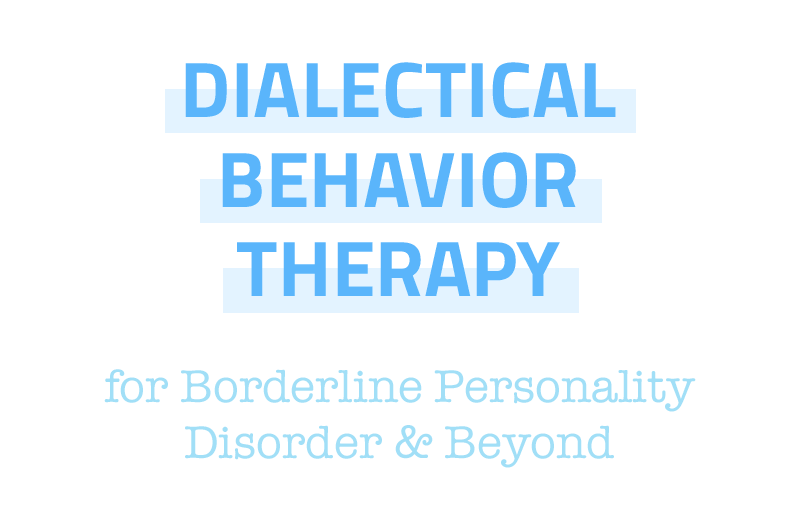
With the recent Amber Heard/Johnny Depp trial, Borderline Personality Disorder is a hot topic. Many people are wondering…. “Do I have Borderline Personality Disorder?” Or “I think my friend, family member, lover, or coworker has it”.
What is Borderline Personality Disorder?
Borderline Personality Disorder (BPD) is a condition that impacts the way one thinks and feels about themselves and others. It is marked by low self-esteem, difficulty managing emotions and behavior, and a pattern of unstable relationships. People with BDP have intense fear of abandonment and may have difficulty tolerating being alone. Even though they want to have loving and stable relationships, their anger outbursts, impulsiveness or mood swings may push people away.
Symptoms may include:
Treatment for BPD:
Dialectical Behavior Therapy (DBT) is an advanced derivation of cognitive-behavioral therapy developed by Dr. Marsha Linehan in 1980 to help patients with BPD regulate their emotions and engage in healthy coping mechanisms. DBT is a treatment method also used more broadly as a treatment method for depression, anxiety, mood dysregulation, self-harm, and addiction. DBT teaches patients how to be in the present moment, navigate through stressful times, handle a crisis, and not make the situation worse, understand and manage their emotions, deal with distress, and ask for what one wants or effectively say no.
Full DBT treatment includes individual therapy, DBT skills in the form of group therapy, and phone coaching. Phone coaching helps patients in a crisis stop/change/prevent maladaptive behaviors.
DBT skills course/group therapy:
DBT skills are taught in weekly group therapy sessions Patients learn new skills as well as a new way of relating to others. Participants are given homework to help reinforce the material and skills. The groups last approximately six months. DBT skills training consists of four learning modules:
1. Mindfulness
This module teaches patients to observe their thoughts, feelings, and life experiences in a non-judgmental way. Patients learn to take the judgmental “good” or “bad” labels out of emotions.
2. Emotions Regulation
This module helps patients manage and take more control over their emotions by naming and understanding emotions, decreasing the frequency of unpleasant emotions, decreasing their vulnerability to emotions, and decreasing emotional suffering.
3. Distress Tolerance
Patients may act in ways that hurt themselves or their relationships when they are triggered. Examples include substance misuse, disordered eating, or overreactions. This module helps teach patients to perceive the environment as it is (instead of trying to change it), and helps patients choose more adaptive and healthier behaviors when they are distressed.
4. Interpersonal Effectiveness
This module targets relationship and social skills. Patients learn assertiveness skills, how to develop and maintain boundaries, healthy communication with family, co-workers and friends, and conflict management skills.
Need help?
You don’t need to be diagnosed with Borderline Personality Disorder to benefit from DBT. High emotional reactivity, mood instability or self-harm behaviors are enough of a reason to seek out this treatment. If you experience any of these symptoms, there is hope! Group Therapy LA offers DBT comprehensive therapy as well as DBT in both individual and group therapy formats for California residents. Contact us at cara@grouptherapyla.com
Key points:
Your fulfilling life might be just a FREE consult away. Book now!